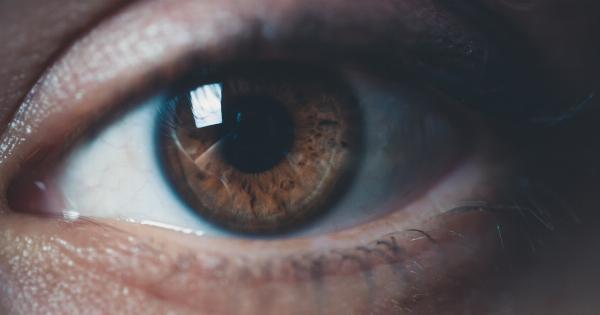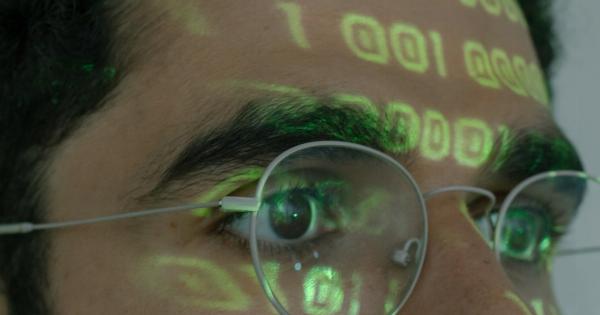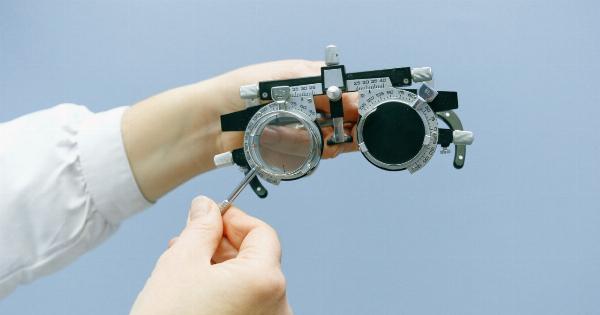Eye allergies can be a frustrating condition to deal with. They can result in red, itchy, and swollen eyes. In some cases, they can even affect vision. Fortunately, there are ways to diagnose and manage this condition.
In this article, we will explore the ABCs of eye allergies, from symptoms and causes to diagnosis and management.
Symptoms of Eye Allergies
The symptoms of eye allergies can vary depending on the severity of the condition. Common symptoms include:.
- Red, itchy, and swollen eyes
- Watery eyes
- Burning or stinging sensation in the eyes
- Sensitivity to light
- Blurred vision
Causes of Eye Allergies
The main cause of eye allergies is exposure to allergens. Allergens can include pollen, dust, mold, pet dander, and certain medications.
When the eyes come in contact with these allergens, the immune system releases histamine, which causes the symptoms of eye allergies.
Diagnosis of Eye Allergies
If you suspect you have eye allergies, it is important to consult with an eye doctor. They will perform a comprehensive eye exam and may perform an allergy test.
An allergy test involves pricking the skin with small amounts of allergens to determine the cause of the allergic reaction.
Management of Eye Allergies
Management of eye allergies involves avoiding allergens and taking medications to relieve symptoms. Some ways to avoid allergens include:.
- Keeping windows and doors closed to prevent pollen from entering the home
- Removing carpets and replacing them with hardwood floors to reduce dust mites
- Washing sheets and pillowcases in hot water weekly
- Keeping pets out of the bedroom
- Avoiding smoking
Medications that can be used to relieve eye allergy symptoms include:.
- Antihistamines: These medications work by blocking the effects of histamine, reducing itching, redness, and swelling.
- Mast cell stabilizers: These medications prevent the release of histamine and other chemicals that cause allergic reactions.
- Steroid eye drops: These medications reduce inflammation and swelling in the eyes.
- Decongestants: These medications relieve eye redness by narrowing blood vessels in the eyes.
When to See a Doctor
If you experience severe eye allergy symptoms, it is important to see an eye doctor. Severe symptoms may include:.
- Swelling of the eyelids
- Difficulty breathing
- Nausea or vomiting
- Severe itching or pain in the eyes
- Vision changes or loss of vision
These symptoms may indicate a more serious allergic reaction that requires immediate medical attention.
Conclusion
Eye allergies can be a frustrating condition to deal with, but there are ways to manage symptoms. Avoiding allergens and taking medications can help relieve symptoms.
If you experience severe symptoms, it is important to see an eye doctor immediately to prevent long-term damage to the eyes.






























